Q&As
My timber frame house, built 18 years ago, has been valued at £0. What can I do?
I had a Timber Framed house with Hardyplank cladding built 18 years ago. There is no brick or breeze block in the build. As a pensioner of 75 I thought I would try and take some equity out of my home, allowing me to stay in my much loved house.
I went through an agent to deal with this for me. It got to the point where they sent a surveyor. He wandered around and said he would send his report in. My agent rang me a few days later with some bad news. they had valued my house at precisely nothing. £0. As you can imagine, it was very distressing to put it mildly.
It has now come to the point where I need to sell. Is it worth paying a surveyor to give me a report before I put it on the market. It is so frustrating to see so many beautiful Timber Framed houses in Magazines etc. There is not a day that goes past with out me worrying that I will not be able to down size , and I can not afford to stay here. Have you any suggestions as to what I should do now? I would be so grateful.
Thank you,
Louise



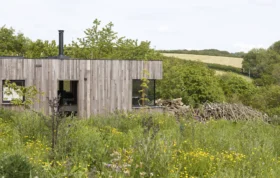

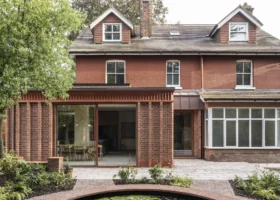





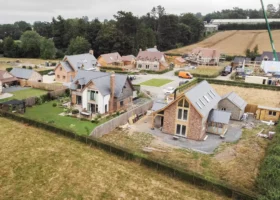





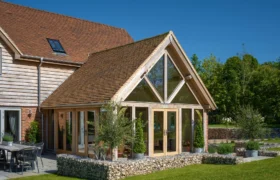















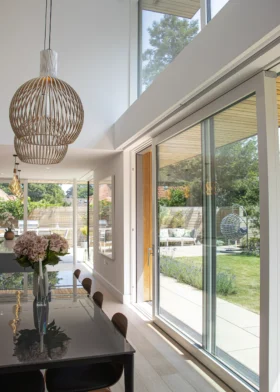


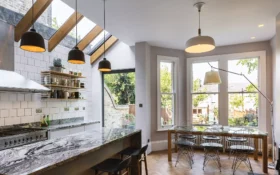





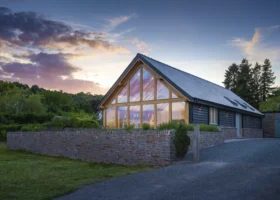
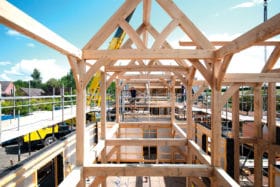
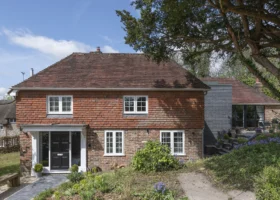


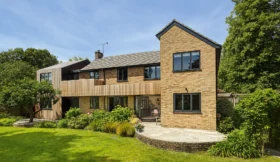

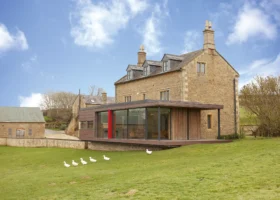


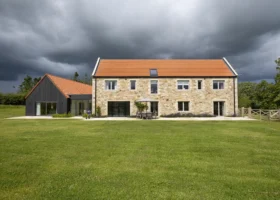






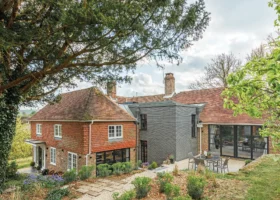


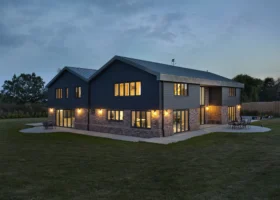





















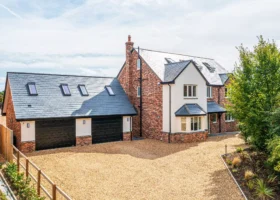











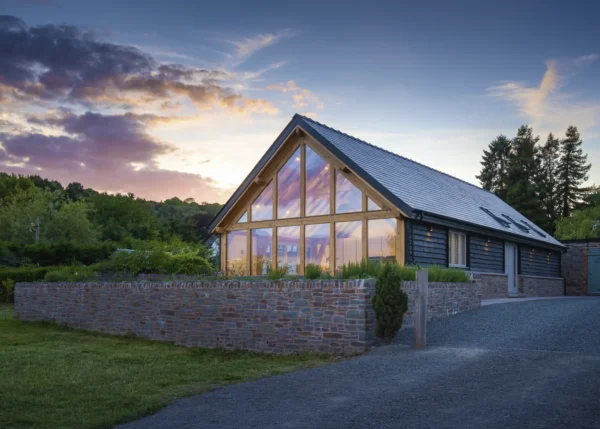
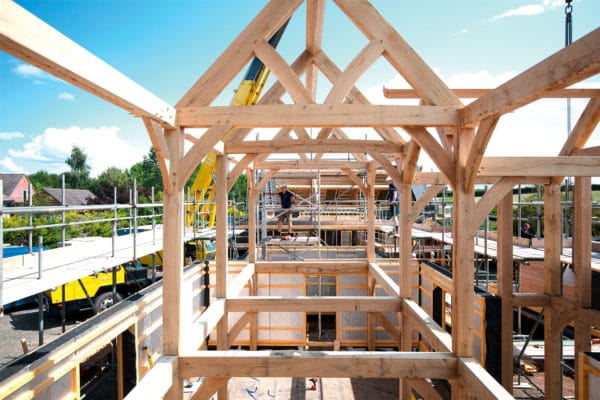
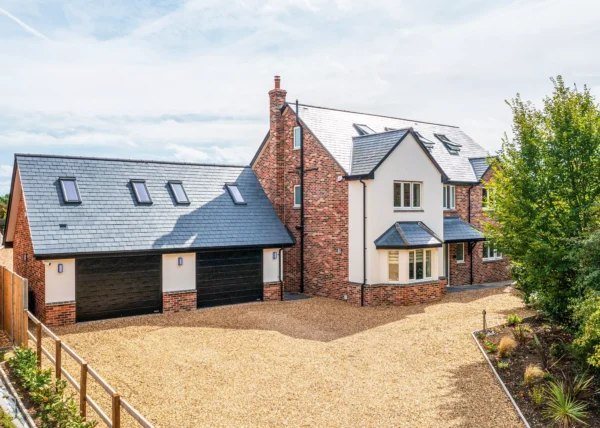





Hi Louise,
I’m sorry to hear about the difficulties you’re facing with the valuation of your house.
While I can’t provide a definitive answer as to why all valuers in the UK may have reservations about timber-on-timber properties, there are a few reasons that could contribute to their concerns:
1. Perceived risks: Timber-on-timber construction is less common and may be seen as less durable or stable compared to traditional construction methods involving brick or concrete. Valuers may be cautious due to perceived risks associated with structural integrity or maintenance issues. It is important to note that these are perceived risks!
2. Limited comparables: Valuers rely on comparable properties to determine the value of a property. With timber-on-timber properties being less common, there may be fewer comparable sales available, making it challenging to establish a fair market value. The lack of sufficient data can lead to increased uncertainty and cautious valuations.
3. Market demand: Valuers might be concerned about the market demand for timber-on-timber properties. If potential buyers perceive such properties as less desirable or have difficulty obtaining financing, it may impact their marketability and resale potential.
4. Lender requirements: Mortgage valuers work closely with lenders who have specific lending criteria and risk assessment guidelines. If lenders have stricter policies regarding timber-on-timber properties, valuers may align their assessments accordingly to meet those requirements.
Point 4 above is most likely the driver! Lenders all have their own policies on acceptable construction types. When writing their policy, they will base this on their own risk assessment, which primarily, when looking at construction will be based on market demand, and the perceived risks above. This is a bit of a chicken and egg situation, as lenders will take on board the view of the valuers, and valuers will amend guidelines to meet lenders’ policies!
Some lenders may also have internal risk policies that limit their exposure to certain construction types, including timber-framed houses. This is done to manage their overall portfolio risk and adhere to regulatory requirements.
It’s important to note that not all lenders have the same policies, and some lenders may specialise in financing timber-framed properties. Therefore, it’s worth exploring different lenders to find those that are more open to lending on timber-framed houses. Additionally, as the construction industry evolves, some lenders may become more comfortable with timber-framed properties over time.
Consulting with a mortgage broker or financial advisor who has experience with timber-framed properties can also be helpful. They can provide guidance on lenders who are more open to financing such properties and help you and your estate agent navigate the lending process. As you are selling, rather than buying, you should consult with someone local who is perhaps attached to an estate agent, so they can provide the information on lenders to prospective buyers.
Rachel Pyne (Build It’s finance expert)